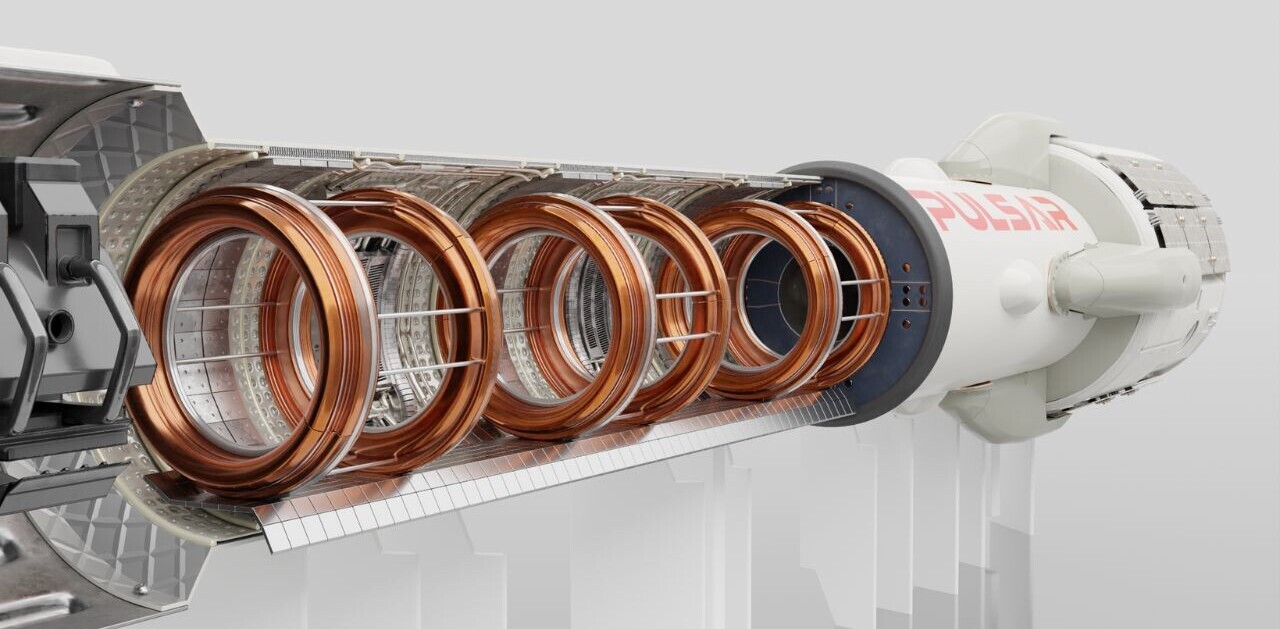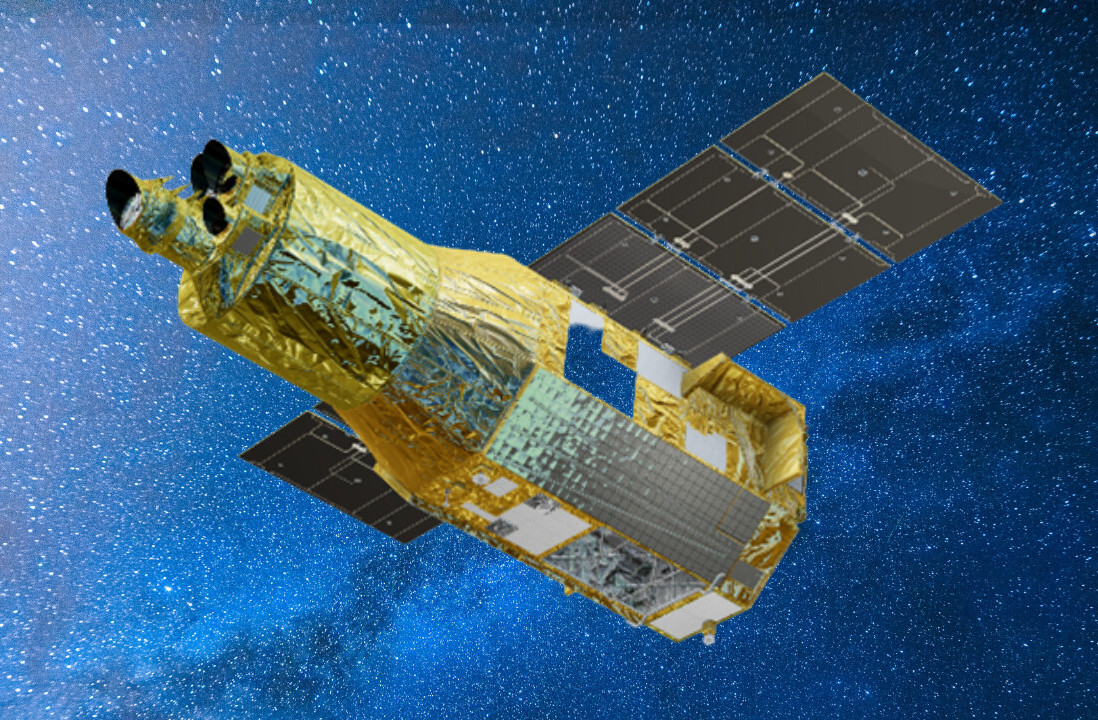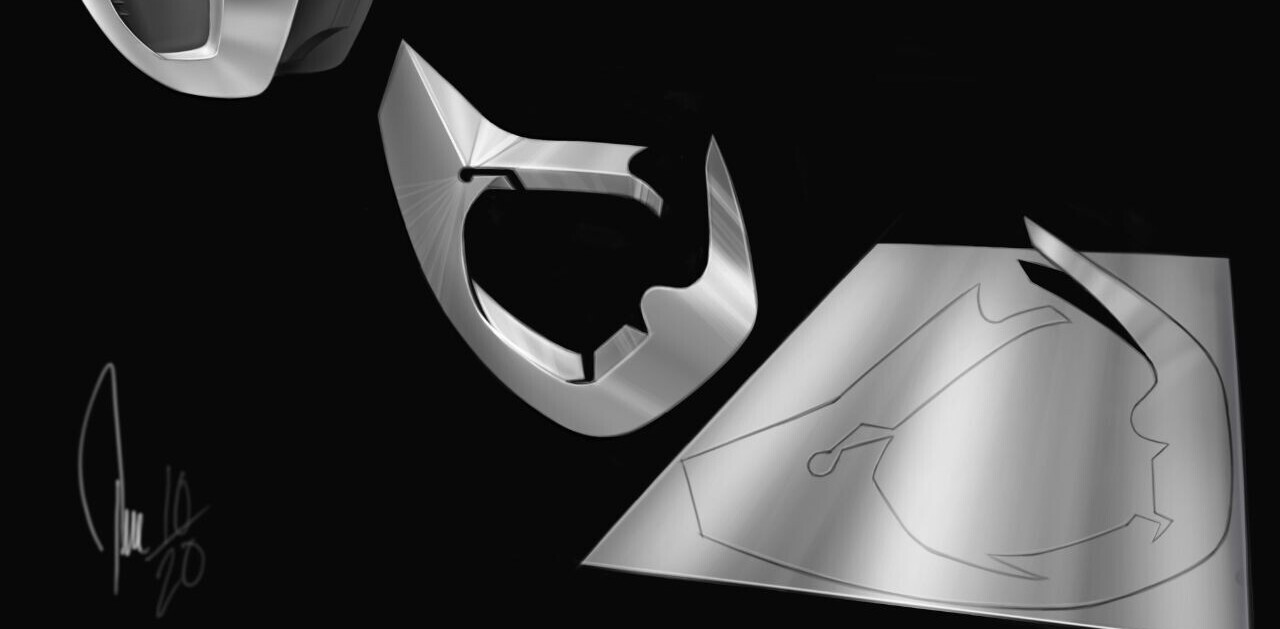An autonomous helicopter called Ingenuity made the first powered and controlled flight on another planet on Monday — and NASA has the video to prove it.
The 1.8 kg robot climbed three meters above Mars, hovered in the air for about 30 seconds, and then returned to the red planet’s surface.
It was only a brief trip, but Ingenuity had to overcome some major challenges on the way.
The Martian atmosphere is just 1% as dense as that of the surface of our planet, which means there’s little air for the chopper’s 1.2-meter-wide rotor blades to push against.
[Read: The biggest tech trends of 2021, according to 3 founders]
The flight also had to be entirely autonomous. Ingenuity can’t be controlled with a joystick or observed in real-time, because it takes too long for data to travel the 173-million-miles between Earth and Mars. Instead, the drone’s course was guided by onboard algorithms.
Those delays forced NASA to initially rely on telemetry to confirm that Ingenuity took flight. But the space agency has now received video footage of the feat, which was captured by cameras on the Perseverance rover. You can watch it for yourself at the top of this article.
Looking to the future
Ingenuity’s maiden voyage may not have lasted long, but it set a precedent that could pave the way for future flights on other worlds.
The helicopter will now attempt more challenging trips on the red planet.
“We don’t know exactly where Ingenuity will lead us, but today’s results indicate the sky — at least on Mars — may not be the limit,” said acting NASA Administrator Steve Jurczyk.
NASA describes the $85 million mission as a technology demonstration. Ingenuity doesn’t carry any science instruments and is a separate experiment from the Perseverance rover, which gave the helicopter a ride to Mars.
Perseverance is leading the search for signs of ancient life on the red planet. It hasn’t found evidence of aliens just yet, but plans to keep looking for at least another 600 days.
Greetings Humanoids! Did you know we have a newsletter all about AI? You can subscribe to it right here.
Get the TNW newsletter
Get the most important tech news in your inbox each week.




